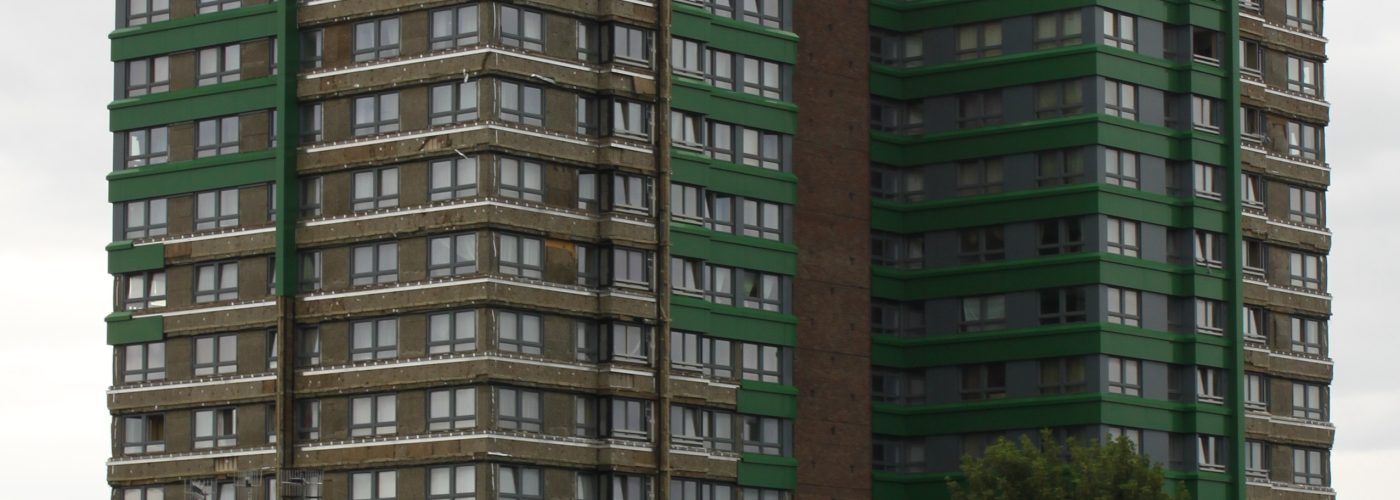The government’s ban on combustible materials has been welcomed by Bureau Veritas as the “first step in the crusade to improve the industry’s approach to fire safety following the Grenfell tragedy”.
Combustible materials will not be permitted on the external walls of new buildings over 18 metres containing flats, according to the new ban. Same applies for new hospitals, residential care premises, dormitories in boarding schools and student accommodation over 18 metres.
“The government moved quickly in passing the amended regulations and perhaps exceeded expectations by including not only new but also change of use buildings. The quick turnaround may also have caught some off guard, with not much time to ensure that new buildings of this type do not include timber cladding or combustible insulation,” said Andy Lowe, Technical Director of building control at Bureau Veritas.
The government will also give support to local authorities to carry out emergency work to remove and replace unsafe aluminium composite material (ACM) cladding.
“There are much wider discussions and ramifications for the construction industry still to come, with the government also making clear that it expects immediate action to speed up emergency remediation works to replace unsafe cladding on existing high rise buildings. Here, the onus is very much on building owners and developers, with an emphasis on costs not being passed on to leaseholders. There is also some debate around how the amended regulations can be interpreted when it comes to balconies and timber decking. It will be interesting to monitor progress on this and how the industry responds over the coming months,” Andy Lowe added.
The amendments will come into effect from 21 December 2018 and any existing Building Regulation applications will only be exempt if site work has commenced within a two month period from that date.





